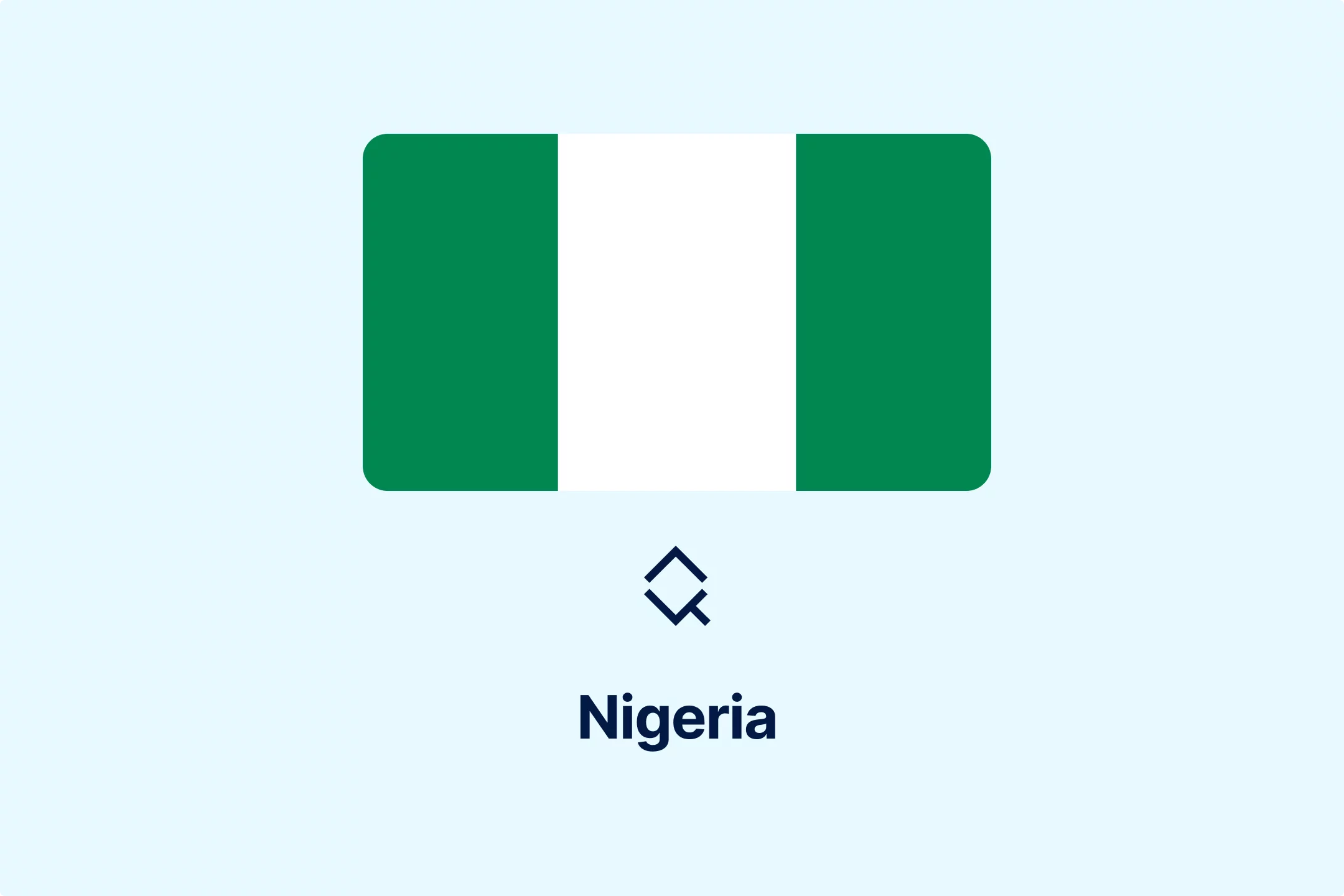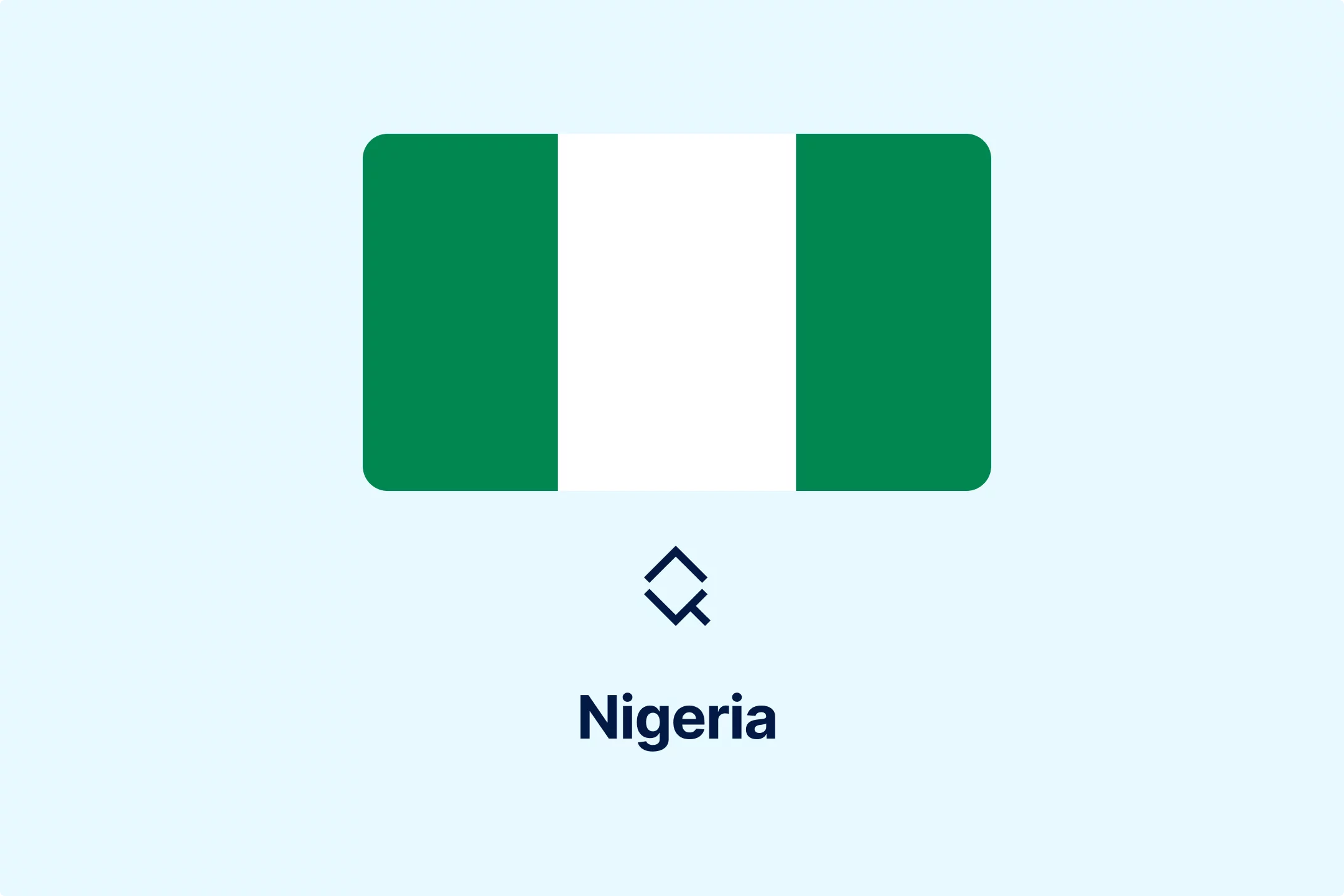Understanding Nigeria's SEP Tax: Digital Economy Challenges & Opportunities

The rise of digitalization has revolutionized global commerce, offering immense opportunities and presenting unique taxation challenges. In response, Nigeria implemented the Significant Economic Presence (SEP) tax rule, addressing gaps in its traditional tax system that relied heavily on physical presence. Introduced in the Finance Act 2019 and expanded in subsequent years, this rule aims to tax income derived by non-resident companies from Nigerian consumers, particularly in the digital services space.
The Evolution of SEP in Nigeria
The SEP concept emerged as part of global efforts to tax the digital economy effectively. In Nigeria, it aligns with reforms to broaden the tax base and reduce dependence on oil revenue. The rule amends Section 13(2) of the Companies Income Tax Act (CITA), enabling Nigeria to tax income earned by foreign companies without a physical presence but with substantial economic activity in the country.
The introduction of SEP reflects Nigeria’s adherence to global tax principles such as the OECD’s Base Erosion and Profit Shifting (BEPS) Action 1, which advocates taxing the digital economy more equitably.
Scope of the SEP Tax
The SEP tax rule applies to non-resident companies deriving revenue from:
1. Digital Services
These include:
Streaming platforms (e.g., music, video-on-demand).
Transmission of data collected about Nigeria users.
Software-as-a-Service (SaaS).
E-commerce websites offering goods or services to Nigerian consumers.
Online advertisements.
2. Professional and Technical Services
Income earned from consultancy, management, and technical services provided remotely to Nigerian businesses or individuals.
Revenue Thresholds
A non-resident company is considered to meet the SEP threshold in Nigeria if:
Its annual revenue from Nigerian consumers exceeds ₦25 million (or the equivalent in foreign currency).
It engages in activities that tailor digital services to the Nigerian market (e.g., targeted advertising).
Uses a Nigerian domain name or registers a website in Nigeria.
Compliance Requirements
Foreign entities meeting SEP criteria must:
Register with the Federal Inland Revenue Service (FIRS): A mandatory step to formalize tax obligations.
File Annual Tax Returns: SEP entities are taxed at the corporate income tax rate of 30% on profits attributable to their Nigerian operations.
Maintain Accurate Records: Proper documentation of transactions with Nigerian consumers is essential for compliance.
Challenges in SEP Implementation
While the SEP framework is a step forward, it faces several challenges:
· Enforcement and Monitoring; Identifying and taxing non-resident companies operating digitally can be difficult due to the absence of physical presence.
· Double Taxation Risks; Without adequate bilateral agreements, companies may face taxation in both Nigeria and their home countries.
· Technological Barriers; Nigeria must enhance its technological capacity to track digital transactions effectively.
Impact on Businesses
Non-resident companies must therefore assess how the rules affect them and take steps to comply where necessary. This will also apply to Nigerian resident companies that transact with the affected non-residents.
The Non-resident companies should:
Assess Tax Obligations: Regularly evaluate whether their activities in Nigeria meet SEP thresholds.
Engage Tax Experts: Professional advice ensures compliance and efficient tax planning.
Monitor Regulatory Changes: Stay informed about updates from the FIRS and global taxation policies.
Conclusion
The SEPtax rule in Nigeria is a forward-thinking measure, adapting to the realities of the digital economy. While challenges remain in enforcement and compliance, the SEP framework provides a blueprint for fairer taxation and sustainable revenue growth.
This tax framework is part of a broader global trend. Countries like Colombia and India have implemented similar measures, underscoring the importance of taxing the digital economy to address fiscal deficits. Non-resident businesses must align with these regulations to avoid penalties and contribute positively to Nigeria’s evolving tax landscape.

Featured Insights

Burkina Faso FEC E-Invoicing Mandatory July 2026
🕝 February 24, 2026More News from Nigeria
Get real-time updates and developments from around the world, keeping you informed and prepared.
-e9lcpxl5nq.webp)








